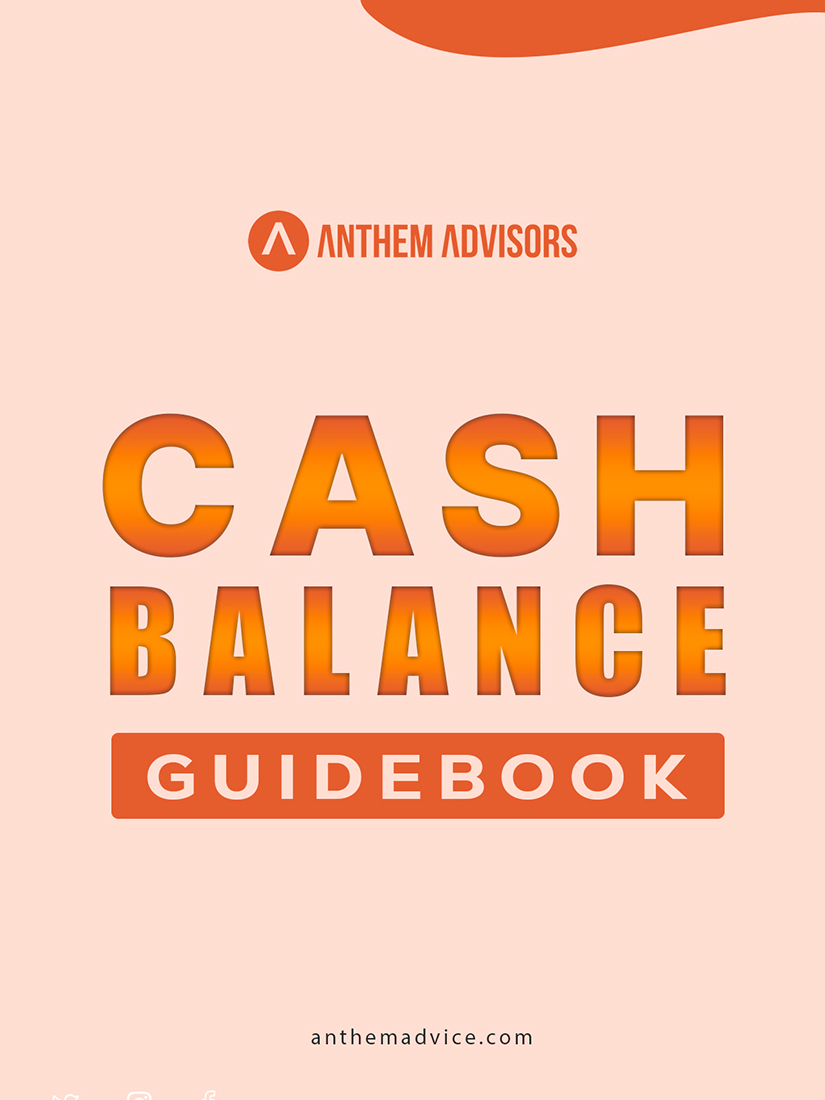Financial planners are like the master chefs of the finance world! Just as a chef expertly combines ingredients to create a perfect dish, financial planners mix various financial elements to cook up the best strategies for your wealth management. Imagine them wearing a chef’s hat, but instead of a kitchen, they’re in an office surrounded by charts, graphs, and calculators. They get excited about interest rates like a chef gets excited about fresh herbs! They chop through complex financial jargon with the ease of slicing through a ripe tomato, and they blend investments, savings, and budgets to create a financial feast that suits your taste perfectly. Their recipe book? It’s filled with plans for retirement soufflés, investment stews, and savings salads, all seasoned to perfection with a dash of risk management and a sprinkle of tax planning. Bon appétit to your financial future!
By conducting thorough research and due diligence, you can verify the credentials, reputation, and suitability of a financial planner to manage your financial needs effectively. Remember, taking the time to vet a financial planner can save you from potential financial missteps and help ensure a fruitful professional relationship.
Each U.S. state has its own securities regulator which oversees financial advisors and planners. You can find the contact details for your state’s regulator on the NASAA website.
These resources are essential for conducting due diligence on financial planners and advisors, ensuring that you are working with qualified and reputable professionals. Remember, verifying credentials and regulatory compliance is a crucial step in choosing the right financial planner for your needs.
Verifying the credentials of a CFP (certified financial planner)
The legitimacy of a financial planner online involves several steps to ensure that you are entrusting your finances to a qualified and reputable professional. Here’s a guide on how to do this:
1.Check Certification and Registration
Certified Financial Planners (CFPs), verify their certification through the Certified Financial Planner Board of Standards’ website.
For other financial planners, check if they are registered with relevant regulatory bodies like the Financial Industry Regulatory Authority (FINRA) or the Securities and Exchange Commission (SEC).
2. Review Professional Background
Look for the planner’s profile on LinkedIn or their company website. This will give you insights into their professional experience, qualifications, and areas of expertise.
3. Search for Disciplinary History
Use the FINRA’s BrokerCheck or the SEC’s Investment Adviser Public Disclosure (IAPD) websites to check for any past disciplinary actions or regulatory issues.
4. Read Reviews and Testimonials
Look for client reviews on independent websites. Be cautious of overly positive reviews on the planner’s own website, as these can be curated.
5. Ask for References
A reputable financial planner should be able to provide references from current or past clients.
6. Evaluate Their Fee Structure
Understand how the planner is compensated. Planners can be fee-only, commission-based, or a combination of both. Ensure their fee structure aligns with your financial interests.
7. Check Affiliations with Professional Organizations
Membership in professional organizations like the National Association of Personal Financial Advisors (NAPFA) can be a sign of commitment to ongoing education and ethical standards.
8. Conduct a Personal Interview
Arrange a meeting or a call with the financial planner to discuss your goals and assess their communication skills and compatibility with your needs.
9. Beware of Red Flags
Be cautious if the planner promises unusually high returns, pressures you into making quick decisions, or is not transparent about their fees and investment approaches.
10. Assess Their Digital Presence:
Certainly! Here’s a list of key places where you can verify Certified Financial Planner (CFP) licenses and access regulatory bodies’ websites for financial planning:
CFP Board of Standards
Website: CFP Board
Purpose: Verify the certification status of CFP professionals.
Financial Industry Regulatory Authority (FINRA)
Website: BrokerCheck by FINRA
Purpose: Check the licensing and registration of financial brokers and advisors, including their disciplinary history.
Securities and Exchange Commission (SEC)
Website: Investment Adviser Public Disclosure (IAPD)
Purpose: Search for information about investment adviser firms registered with the SEC and state-registered advisers.
National Association of Personal Financial Advisors (NAPFA)
Website: NAPFA
Purpose: Find certified financial planners who adhere to a fee-only model.
Financial Planning Association (FPA)
Website: Financial Planning Association
Purpose: Locate FPA members who are certified financial planners.
North American Securities Administrators Association (NASAA)
Website: NASAA
Purpose: Learn about state securities regulators and access investor education resources.
Better Business Bureau (BBB)
Website: BBB
Purpose: Check the business credibility and customer reviews of financial planning firms.
Your Local State Securities Regulator
Anthem Advisors, LLC offers investment advisory services through Belpointe Asset Management LLC, a Registered Investment Advisor registered with the Securities and Exchange Commission (SEC) located at: 500 Damonte Ranch Parkway, Building 700, Unit 700, Reno, NV 89521









